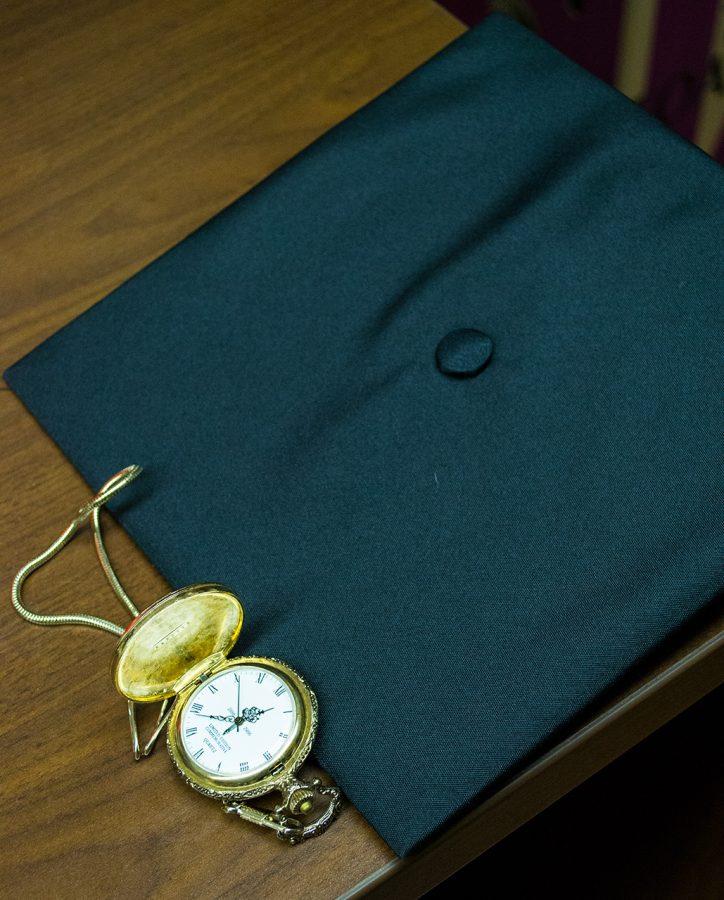College not always four-year process
October 25, 2012
The federal government reported this year that the overall four-year graduation rate for public colleges is 31 percent, while private colleges rest at 52 percent.
UNA’s own four-year graduation rate has decreased by 27.6 percent over the past eight years, leaving it at 12.3 percent overall in 2007, according to the Office of Institutional Research, Planning and Assessment’s spring 2012 report of Retention, Progression and Graduation at UNA.
For students looking to finish their undergraduate career in the typical four-year time span, sitting down and taking time to look at their chosen program and the course requirements is the biggest tip Communications Department Chair Greg Pitts can offer.
“Just do the math,” Pitts said. “It takes 128 hours to graduate from UNA. So you can figure that if you’re only taking 12 hours a semester and no summer courses, you won’t graduate on time. Even just taking 15 hours a semester and taking the summers off won’t cut it.”
Pitts said dropping courses can have a major impact on the length of time spent in college.
“Remember that even if you aren’t doing so well, don’t drop courses,” Pitts said. “You’re missing out on hours if you do. UNA does offer the repeat/delete option for courses, which can also slow down the graduation process but can help improve your grade.”
The repeat/delete policy allows students to retake courses they haven’t done well in and receive make-up credit for them, up to a certain number of hours, Pitts said.
Some students, like junior Amanda Frazier, come to college knowing exactly what major they want to pursue and stick to their course requirements in the catalog.
“I knew I was going into nursing,” Frazier said. “You spend your first two years working on your prerequisites, and then you apply and take the entrance exam for the program.
“Once you’re accepted, you have the next two years completely planned and laid out for you. You automatically have spots in the classes because you’re in the program. And that’s not to say it’s an easy program — it’s up to you to pass the classes and clinicals in order to continue the program.”
Frazier said that despite having her schedule laid out for nursing school, she still has to participate in group advising each semester.
“It’s a very organized, purposeful program,” Frazier said. “There aren’t any surprises or classes you may miss out on that you need.”
Kaitlin Collignon, senior public relations major, said she’s not graduating in four years due to advising difficulties.
“I hopefully will be finished at the end of the summer in 2013,” Collignon said.
Collignon said she is currently taking extra classes to catch up, in addition to being an officer in the Public Relations Students Society of America organization.
“It doesn’t really bother me that I’m not graduating ‘on time,’” Collignon said. “I’m not ready to start a real world job yet, anyway.”
Pitts said it is a difficult equation to balance everything college students face today, with academic and social obligations, as well as working part- or full-time.
“School in and of itself is a full-time job,” Pitts said. “You have to look at your priorities and decide what’s most important to you. You’re going to work for 50 years before you retire, and you want to enter the workforce at the right time, so maybe it’s not really that big of a deal if you don’t graduate in exactly four years.”


